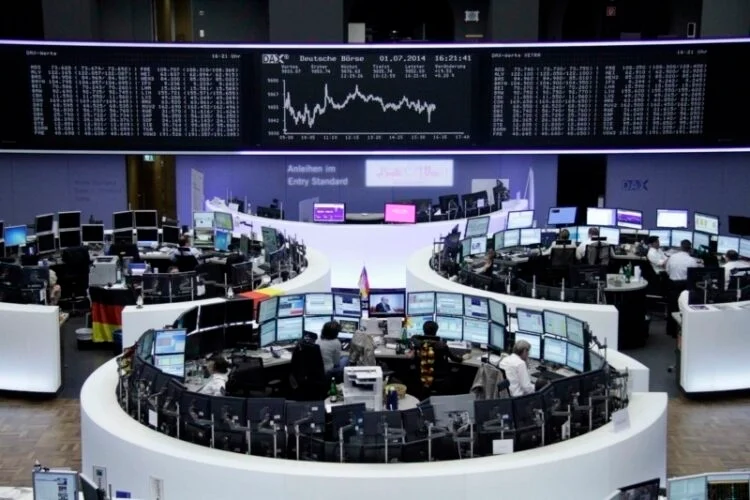Publisher: Maaal International Media Company
License: 465734
FT: Gulf States’ Bet on AI: Opportunities and Challenges
The saying “data is the new oil” holds special significance in the Gulf Cooperation Council (GCC) countries, where regional leaders are seeking to invest heavily in artificial intelligence (AI) to diversify Gulf economies, which are heavily dependent on fossil fuels. Finance Minister Mohammed Al-Jadaan expressed this trend earlier this year when he said, “We will export data instead of oil.”
According to the Financial Times report, this ambition seems logical, as AI requires massive injections of capital, space, and energy—resources that Gulf countries have in abundance. For example, Abu Dhabi, which manages sovereign assets estimated at $1.7 trillion, is investing in this sector through its MGX Artificial Intelligence Fund. Meanwhile, Human, the new state-owned Saudi AI company, is backed by the Public Investment Fund, which is valued at $940 billion. During US President Donald Trump’s visit to the region last month, the two funds helped establish partnerships with American technology companies, securing access to advanced chips and technical skills in exchange for financial injections and data center hosting facilities.
The timing is also opportune, as the International Energy Agency expects oil demand to peak by the end of the current decade. If all goes well, the Gulf countries’ entry into the world of artificial intelligence will boost investment, improve productivity, and reduce the cost burden on the region’s large civil service sector. McKinsey estimates that the economies of the Gulf Cooperation Council member states could benefit $150 billion from adopting artificial intelligence, but success faces several challenges that cannot be ignored.
اقرأ المزيد
The Gulf countries have a mixed record in achieving their economic diversification goals, and in light of the expected pressures on public finances resulting from the decline in oil prices, there is an urgent need to focus more on an artificial intelligence strategy as a pillar of economic transformation. While the region has the resources to capitalize on the growing global demand for data processing capacity, overreliance on hosting large corporate data centers is not a sustainable path for growth, as these facilities consume massive amounts of energy and water.
The region can achieve more sustainable growth through AI by encouraging the adoption of the technology in its strategic industries. This includes manufacturing, port management, and energy infrastructure. For example, Saudi Aramco is using AI to identify blockages and leaks.
However, to develop a resilient, self-sufficient ecosystem, the region will need to invest more in developing technology skills and startups at home, through technology institutes and universities. Improving training and education more broadly is essential to mitigate the impact of technology-induced job losses.
Finally, Gulf countries need to develop a robust regulatory framework for AI. Data may indeed be the new oil, but driving long-term economic growth with AI will not be as simple as building drilling rigs and laying pipelines.








